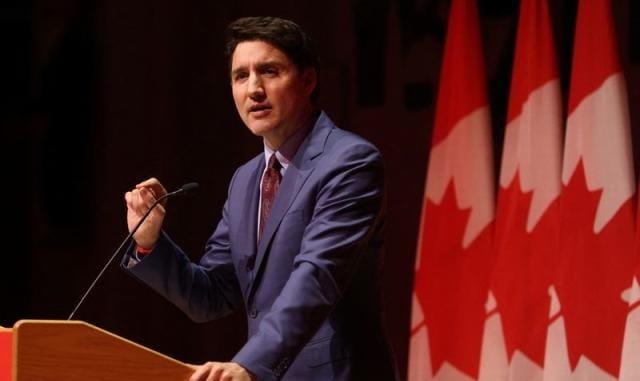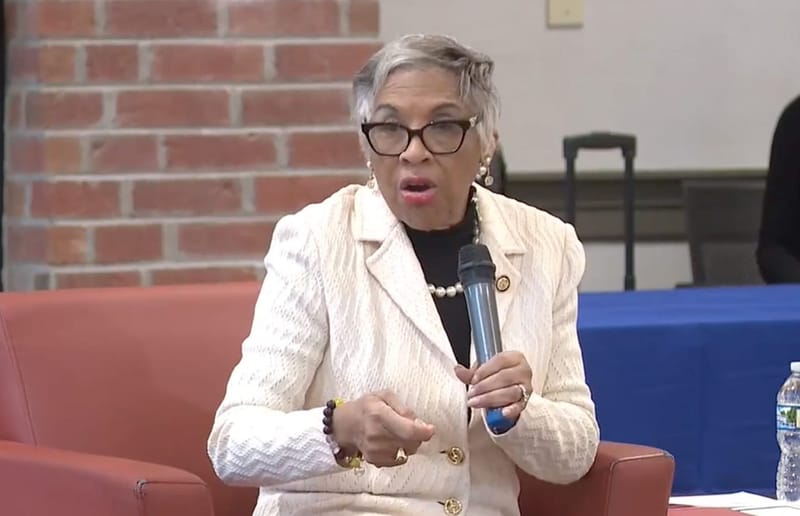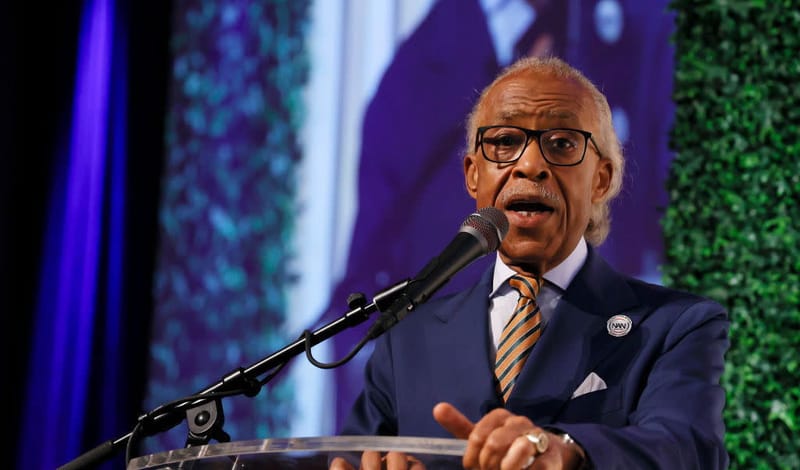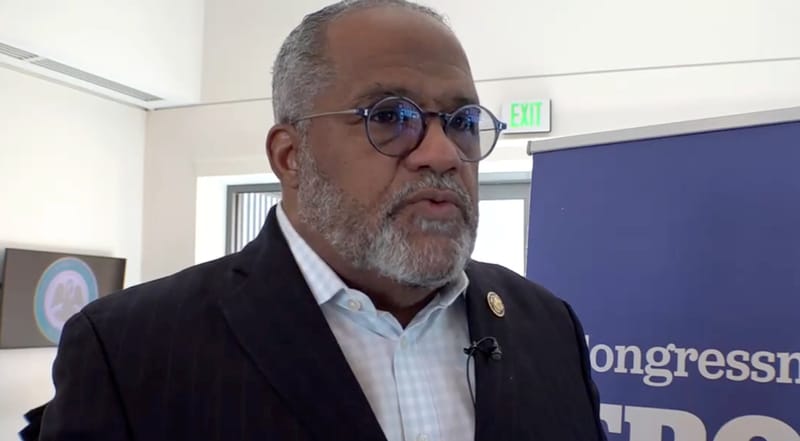Trump Confirms Tariffs on Canada, Mexico, and China; Trudeau Vows Swift Retaliation
White House Press Secretary Karoline Leavitt announced that the U.S. will enact 25% tariffs on imports from Canada and Mexico and a 10% tariff on Chinese goods. She cited the administration’s concerns over fentanyl trafficking as the driving force behind the decision.
WASHINGTON/OTTAWA— The White House confirmed Friday that President Donald Trump will impose new tariffs on Canada, Mexico, and China this weekend, escalating trade tensions and sparking concerns about economic fallout.
White House Press Secretary Karoline Leavitt announced that the U.S. will enact 25% tariffs on imports from Canada and Mexico and a 10% tariff on Chinese goods. She cited the administration’s concerns over fentanyl trafficking as the driving force behind the decision.
“These are promises made and promises kept by the president,” Leavitt said, emphasizing Trump's commitment to border security and drug enforcement.
The announcement immediately rattled financial markets, with the Dow Jones Industrial Average dropping more than 300 points, or 0.7%, alongside losses in the S&P 500 and Nasdaq Composite. The White House has yet to release full details on implementation but confirmed the tariffs will take effect Saturday.
Trudeau: Canada Will Retaliate
Canadian Prime Minister Justin Trudeau responded forcefully, vowing that Canada would immediately impose countermeasures if the U.S. follows through on the tariffs.
“We're prepared with a strong, immediate, and proportionate response,” Trudeau said. “This is not what we want, but if the U.S. moves forward, we will act accordingly.”
With 75% of Canadian exports destined for the U.S. tough economic times ahead but reassured Canadians that the government is prepared.
"I won’t sugarcoat it—our country may be heading into difficult times," he said. "I know Canadians are anxious, but I want them to know that their government is standing with them."
Economic Concerns and Inflation Risks
Economists warn that the tariffs could reignite inflation just as price pressures have started to ease. The Commerce Department reported Friday that a key inflation measure rose to 2.6% in December, though underlying data suggested stabilization.
Federal Reserve officials are monitoring the situation, with Governor Michelle Bowman stating that it is crucial to assess “the actual policies and how they will be implemented.” Chicago Fed President Austan Goolsbee cautioned that the tariffs' long-term impact will depend on whether they remain isolated or lead to retaliatory trade wars.
Trump’s Trade Strategy
The U.S. engages in approximately $1.6 trillion in annual trade with Canada, Mexico, and China. Trump is using tariffs both as bargaining chips and as a means to pressure these countries on immigration and drug enforcement policies.
Trump trade adviser Peter Navarro underscored the administration’s stance, drawing a stark comparison between the upcoming Super Bowl and the fentanyl crisis.
“The number of people that fit in the [New Orleans] Superdome is almost exactly equal to the number of people dying every year here in America from fentanyl, and that comes from China and Mexico,” Navarro said in an interview with CNBC.
With the Saturday deadline looming, businesses and policymakers alike are bracing for the economic fallout of a renewed trade war.







